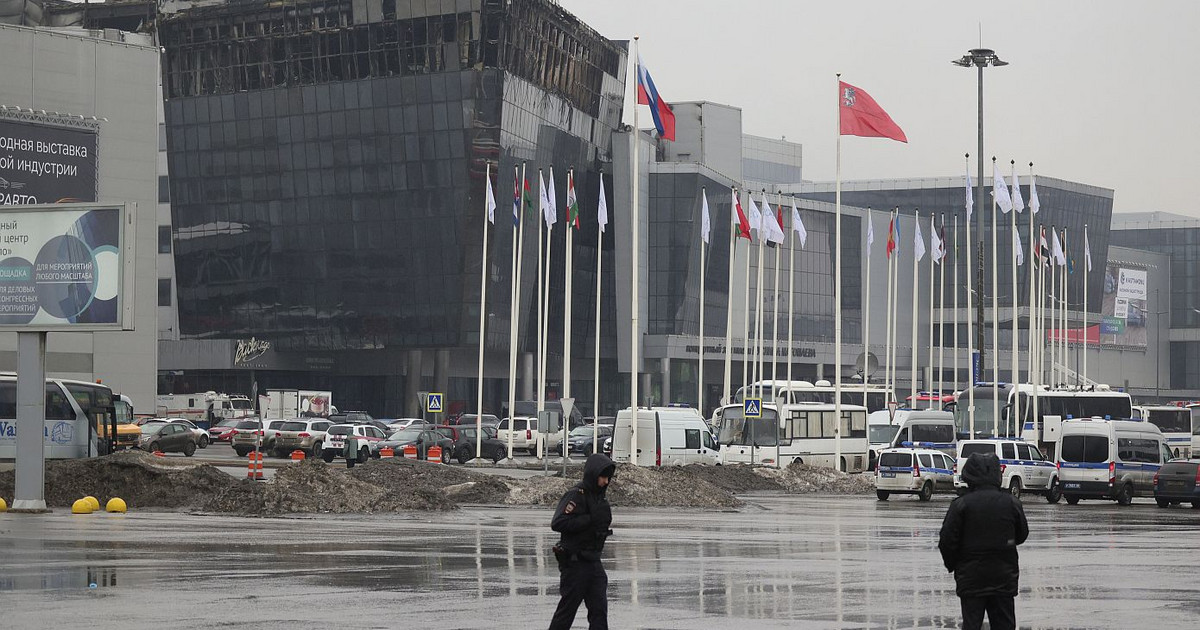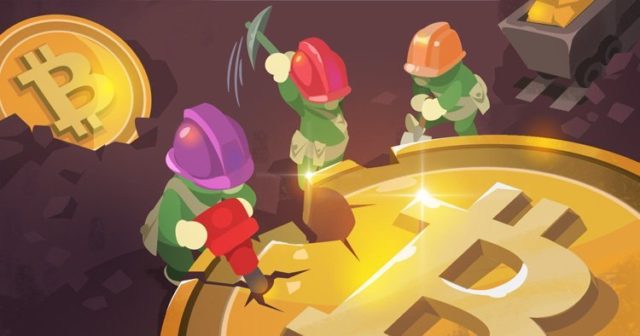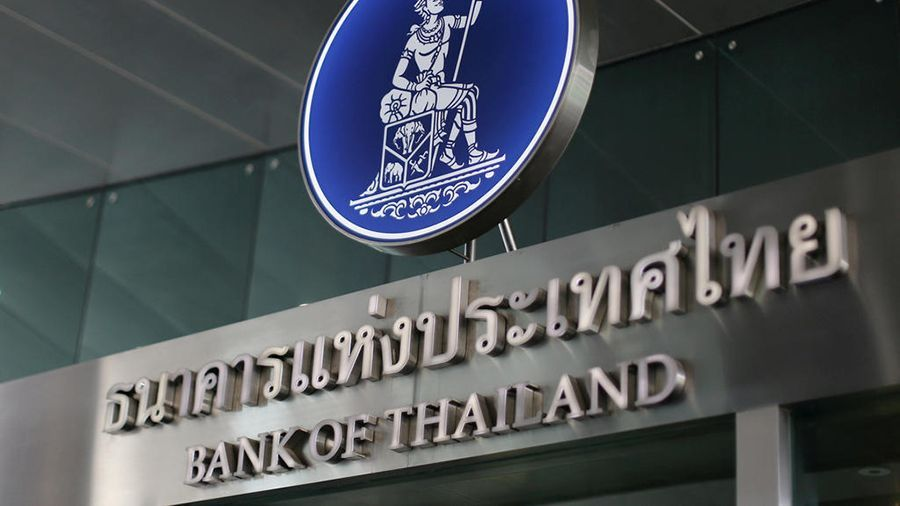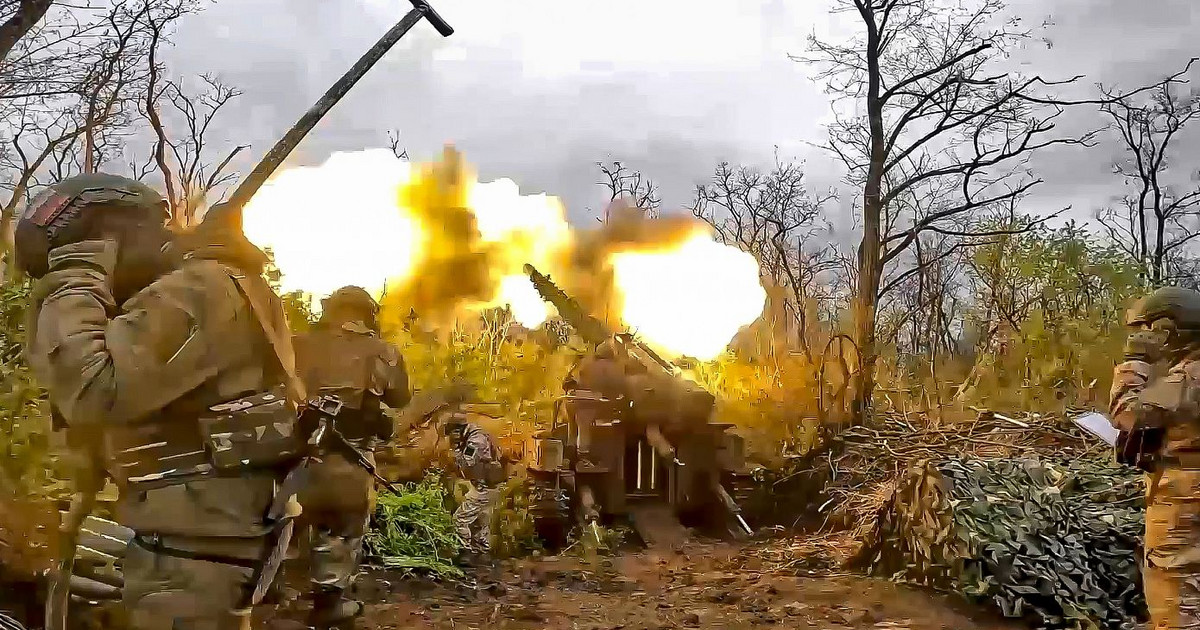China’s rapid reopening after nearly three years of tight coronavirus controls could provide a much-needed boost to global economic growth, but it could also fuel inflation just as prices show signs of falling.
The revival of the world’s second-largest economy – and biggest consumer of commodities – threatens to drive up global fuel, industrial metals and food prices this year.
Since the beginning of January, copper, aluminum and zinc prices have had their best start to a year in 11 years, rising by an average of 13%, analysts at Deutsche Bank told the CNN , citing data from the London Metal Exchange. Tin, widely used to make electronics, rose 30%, its biggest rise in 32 years.
“There is a huge amount of pent-up demand that we expect to come back into the markets, specifically after the Chinese New Year,” he told CNN Nicky Shiels, head of metals strategy at precious metals trading company MKS Pamp. “Markets rallied in anticipation of that.”
It’s not just commodities that are rising on hopes of China’s recovery. Shares in the MSCI China Index are up 14% since early trading this year. Nasdaq’s Golden Dragon China Index – which tracks Chinese companies listed in the United States – rose 19% over the same period.
There are already signs that the economy is recovering. Bernard Arnault, chief executive of luxury retail group LVMH, told analysts on Thursday that the recovery in visitors to stores in Macau, where Chinese tourists are now allowed to travel, was “spectacular”.
Since last month, the Chinese government has been rapidly dismantling its strict Covid-zero policy, following a wave of popular protests against the restrictions. The speed of reopening, as well as indications that infections may have already peaked, were surprising, analysts told the CNN .
But metals like copper and aluminum “are not a very significant part of the overall inflation basket,” points out Daniel Major, metals and mining analyst at UBS, to CNN .
However, if global food and energy prices start to rise again, this could be reflected in higher consumer prices.
China’s reopening could boost demand for agricultural products as the world still grapples with the worst food crisis in modern history. Futures prices for wheat, a staple food, are still 58% higher than they were in mid-2020, when prices started rising steadily.
Chinese imports of soybeans, used primarily to feed livestock, rose 18% year-on-year in December, possibly as buyers anticipated a pick-up in restaurant demand, Bill Weatherburn, commodities economist at Capital Economics, said in an earlier note. this month.
Increase in demand for energy
The reopening of China should also increase demand for oil. The International Energy Agency said in a report last week that global demand could reach an all-time high of 101.7 million barrels a day this year, with China accounting for nearly half of that increase.
Caroline Bain, Chief Commodity Economist at Capital Economics, spoke to CNN which expects oil prices to rise later this year as travel and consumption increase.
The research group now expects the price of a barrel of Brent crude, the global crude oil benchmark, to rise to $95 a barrel by the end of the year, up from the previous estimate of $85. have already risen 40 cents a gallon in a month, in part due to rising crude oil prices since early December.
Rising oil prices could help raise global inflation – or at least keep it high – just as consumer price increases show signs of moderating, dampening hopes from businesses and investors that the world’s central banks can soon stop raising interest rates.
Markets expect the US Federal Reserve to raise the cost of borrowing by 25 basis points at its meeting next week, a more modest increase than the 50 basis points it passed last month.
China’s appetite for energy could prove especially difficult for Europe as the continent tries to replenish its natural gas stocks before next winter with just a small fraction of the Russian imports it depended on.
Benchmark natural gas prices in Europe have fallen 84% since reaching an all-time high of 343 euros ($373) per megawatt hour in August. That trend could start to reverse if China competes with Europe for a fixed number of LNG cargoes from the United States and Qatar, the bloc’s biggest suppliers.
“The amount of LNG that [a China] will buy from the rest of the world will be greater than we’ve seen,” Christine Lagarde, president of the European Central Bank, told a panel at the World Economic Forum last week.
“There will be more inflationary pressure stemming from this additional demand for commodities and energy in particular,” she said, adding that the ECB plans to “stay the course” on raising interest rates to help tame inflation.
Overkill?
Expectations of large price jumps in general may be overstated, however.
Steel demand will not pick up until the second half of the year, according to Bain, as activity in China’s real estate sector, which is a major consumer of the metal, is still subdued.
“I am not convinced that demand from China will drive up prices. [do gás e da eletricidade] as people might think,” Michael Hewsom, chief market analyst at CMC Markets, told CNN .
Hewsom added that China and India could import Russian natural gas at a discount, freeing up cargoes from other suppliers such as the United States to go to Europe.
An increase in Chinese demand for energy, metals and food should also “be partially offset by weak demand for Chinese exports of manufactured goods in developed economies,” Capital Economics notes in a note earlier this month.
China’s recovery will likely be driven by “leisure [e] domestic consumption”, said Major from UBS.
This means that prices for steel and iron ore – metals commonly used in heavy industry – are less likely to see big gains compared to copper and aluminum, which are found in a variety of household products.
Ben May, director of global macro research at Oxford Economics, said in a note on Friday that any rise in global inflation behind China’s renaissance could be “smaller than many people fear”.
This is in part because China is reopening on its own, he added, unlike the United States and Europe, which eased their pandemic restrictions at about the same time, creating fierce competition for products.
Source: CNN Brasil
I am an experienced journalist, writer, and editor with a passion for finance and business news. I have been working in the journalism field for over 6 years, covering a variety of topics from finance to technology. As an author at World Stock Market, I specialize in finance business-related topics.






